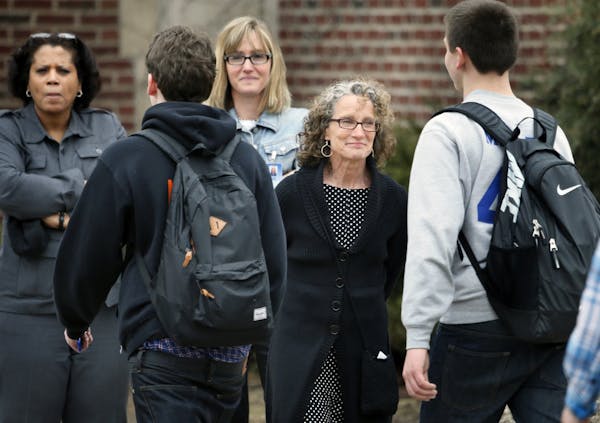I turned toward and then quickly away from Carol Markham-Cousins' recent commentary ("I leave Washburn with great hope for the school," April 23).
I turned toward it because, as an educator, I thought another's perspective, grounded in "hope," demanded attention. I turned away because "hope" here is lost in a pile of words, an all-too-familiar experience for me where education is concerned.
This is a "new world?" I've heard that before.
And this, too: "The economy is global."
And this: "Communications are instantaneous and ubiquitous."
And the last from this opening serenade: "[Our] communities … are deeply diverse."
And within the next two paragraphs, "different cultural backgrounds" a "thrilling array of students," "across cultural lines," and the "contributions of different classmates."
And on it goes.
Markham-Cousins claims that we now "understand more clearly how education … needs to transform." But if you can get to paragraph seven and identify anything beyond "diversity" that could plausibly be discussed in terms of this "good news," I would much appreciate it.
Worse, the discussion in paragraph seven, mainstreaming, speaks to an educational initiative that is anything but new and wholly open to debate where its positive potential is concerned.
Education will go nowhere until we get over the idea that we are going to dazzle the world with our insight and method. What matters is as old as thought itself: discipline and a willingness to call garbage garbage.
Tim Peterson, Princeton, Minn.
How 'the Squad' and like-minded progressives have changed their party
Protect kids online


